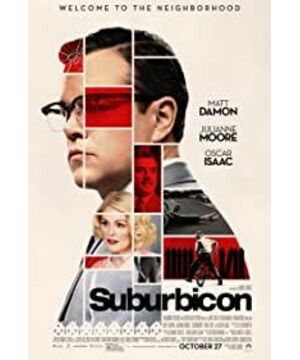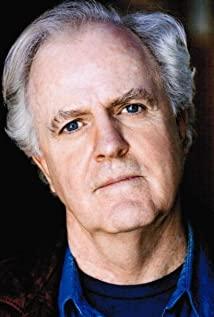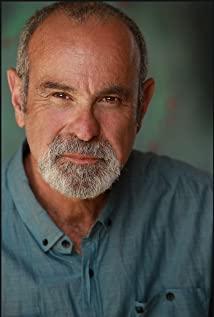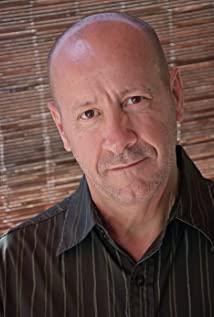The most fascinating thing is that the black family gave a lot of shots, which made me think that that family would be involved in the murder, but it didn't. In addition to "seemingly" showing the ignorance of the people of Mizhen, that kind of indulgent evil and oppressive racial hegemony, it just puts kindness in a situation of being oppressed, in order to demonstrate his high compulsion. In the final analysis, why not separate the black story from this murder story into two stories? ? Many images with great tension, like the little snake of a boy, did not participate in the narration. By the way, why is there no answer to the call made by uncle?
In the conversation between the sister and the hero, it was said that the hero still loved her sister, but killed her sister? Do you want to show that there must be choices in the adult world? The oppression that the reality part brings to the male host is not well portrayed in the film. What was the reason why the hero finally decided to kill? What about the struggle and psychological changes in the serial killings? It didn't show up at all. What is the meaning of the twin sisters flower? Want to prove that the younger sister is a substitute for the male protagonist's love for the older sister? It is not full in characterization, so for the audience, it can only be a spectator, an expressionless bystander.
I don't know if the director consciously borrowed the child's perspective to express it. To be honest, the innocence and fear of the child cannot be seen in the sporadic shots, and it is more like the third person tells the story without a sense of substitution. From the characters to the plot, I have to say that this movie is really fascinating, and I always want to tell you a lot of truth, but there can only be a textbook-style discussion of the dialogue between the male protagonist and the child.
View more about Suburbicon reviews











